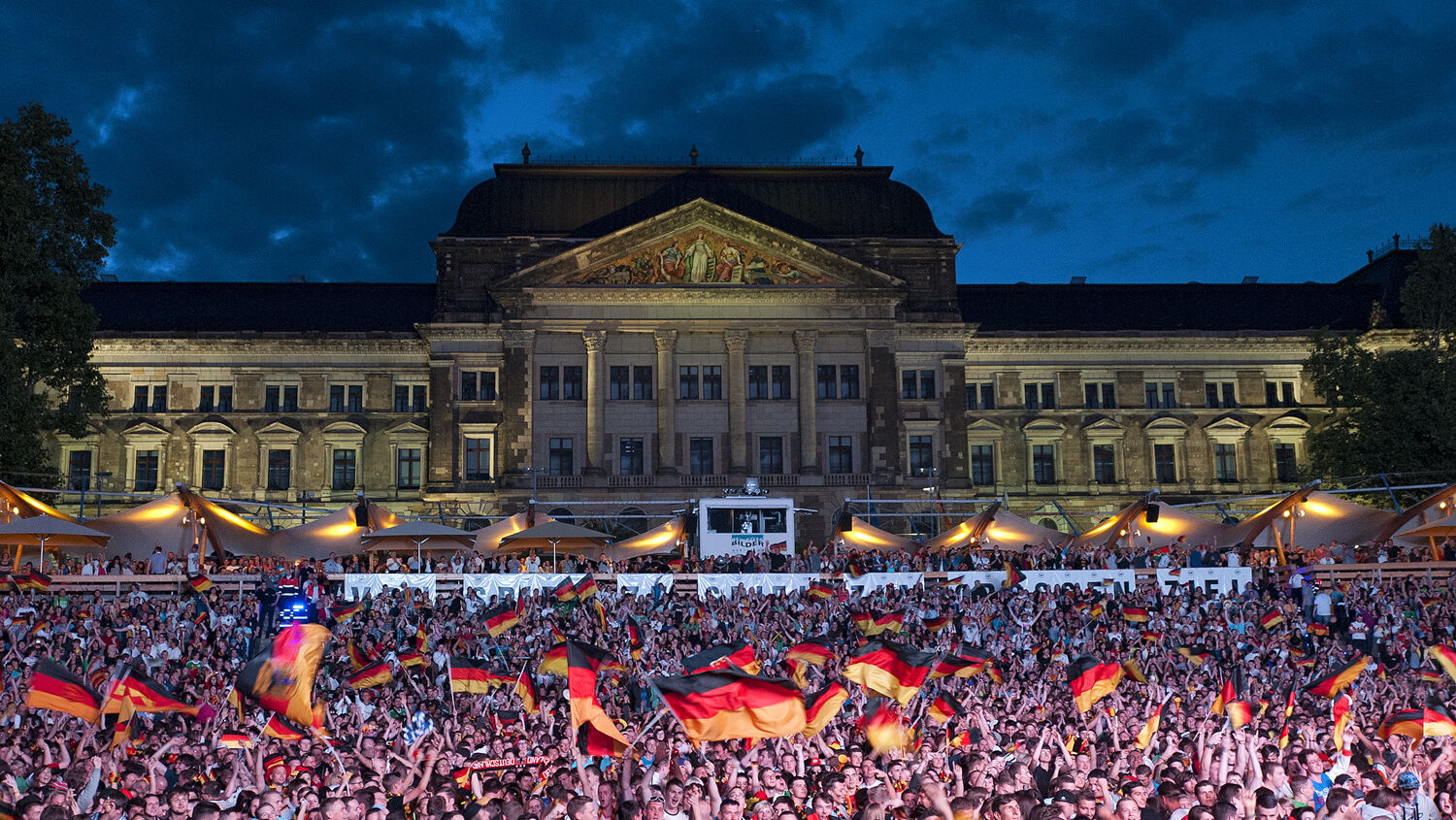
German Interior Minister: Our Culture Trumps Multiculturalism
Immigrants to Germany need to conform to German culture, Interior Minister Thomas de Maizière wrote on Sunday in German newspaper Bild. Deutsche Welle summarized Maizière’s article as advocating “a dominant culture in Germany.”
In the most popular newspaper in Germany, Maizière sparked the debate over what defines Germany’s dominant culture. His proposition: a German guiding culture instead of multiculturalism. Once Germans know who they are and who they want to be, he indicated, integration and unity will follow. His 10 theses have sparked much controversy in Germany, not least because of Germany’s past as a nation that saw its culture as superior to the point of violently and systematically destroying other cultures.
In his article titled “We Are Not Burka,” de Maizière presented his principles for helping Germans define what the “guiding culture” consists of. Some of the points he discussed included: Germans show their face, Germans lay a high value on performance and quality, Germans have a high cultural value that influences the whole world, Germans have an enlightened patriotism, and Germans live in a Christian-dominated country that uses religion to build unity.
He wrote that German patriotism has been misguided in the past. Nazi Germany used patriotism to motivate the fight against other nationalities and races. In the decades after World War ii, most did not dare speak about their own country with any form of pride. Both concepts are wrong, he wrote; Germans need to love their country and yet not hate others. What defines Germany today is still a highly controversial topic, Deutsche Welle reported in another article:
Germany was successful in rebuilding its bombed and charred cities after World War ii, but it was less successful in healing the deep wounds German culture and the national psyche suffered after 12 years of Nazi rule.
For decades, the phrase “German pride” was considered an oxymoron, something that had been rubbed out of existence after Auschwitz. But that began to change after reunification, and in 2000, conservative politician Friedrich Merz asked the question publicly: Could Germans be proud of their achievements and should there be common cultural guidelines that people ought to live by? It evoked some angry responses.
Today, however, top-ranking German ministers say that Germans need a guiding culture to know who they are and how to cope with the crises they are facing. If done right, it will show immigrants what they have to accept to successfully become part of Germany. Maizière wrote, “If we clearly understand what defines us, what our guiding culture is, who we are and who we want to be, then cohesion will remain stable, and integration will also succeed—today and in the future” (Trumpet translation throughout). The guiding culture will then not only guide native-born Germans but also those coming into Germany.
Maizière suggested that this would even increase German tolerance toward other nationalities. Here his opponents see a direct contradiction. Politicians from the opposition parties said that such a defined guiding culture would do just the opposite, namely arouse hatred toward others. That is exactly what happened in the past when Germans saw their culture as superior to others. The idea of a German guiding culture, however, is most strongly promoted and advocated by the largely Catholic Christian Social Union that rules in Bavaria.
The debate is not only controversial but also dangerous. At the beginning of the migrant crisis, Trumpet columnist Brad Macdonald wrote:
Tolerance is being replaced by prejudice, multiculturalism by patriotism, the community spirit with a greater determination for self-preservation and self-advancement.
The demons of the past are returning, and they are provoking the most significant transformation in Europe since the Second World War.
Last year, Germany faced a series of terrorist attacks as well as various sexual assaults from immigrants. We at the Trumpet have expected Europe’s mood toward its neighbors to change—dramatically—and to cause Europe’s old demons to return.
Germany’s history of violently forcing its culture on others goes further back than Hitler, and the results have always been bloody. To understand what role religion and a dominant culture played in Germany’s and Europe’s past, order a free copy of The Holy Roman Empire in Prophecy.
